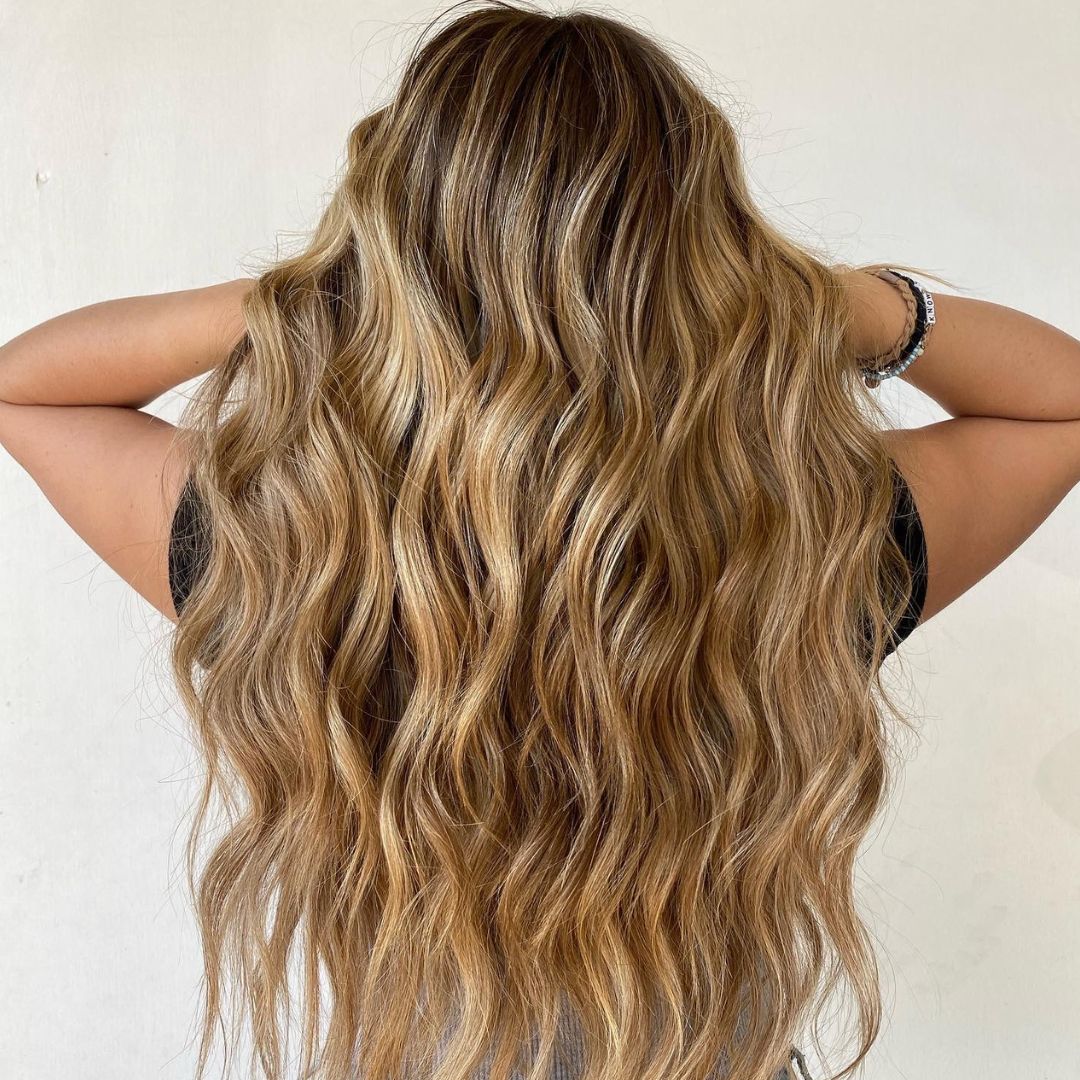
Epigenetics and Hair Growth
Have you ever wondered why some people are blessed with luscious, thick hair while others struggle with thinning or baldness? While genetics play a significant role in determining our hair characteristics, there's a fascinating field of study called epigenetics that sheds light on how our genes are expressed, including those related to hair growth. In this blog post, we will delve into the realm of epigenetics and explore its profound impact on hair growth, as well as the various factors that can influence it.
Understanding Epigenetics:
Epigenetics is the study of heritable changes in gene expression without altering the underlying DNA sequence. It involves modifications to the structure of DNA or the proteins associated with DNA that can turn genes "on" or "off," influencing their activity levels. These modifications occur due to various external factors and environmental influences, shaping the traits and characteristics of an individual.
The Epigenetics of Hair Growth:
Hair growth is a complex process regulated by a variety of genetic and epigenetic factors. At the core of hair follicle development and maintenance lies a group of genes that control hair growth cycles, hair color, and hair thickness. Epigenetic modifications can influence these genes and either enhance or inhibit hair growth.
Environmental Factors and Epigenetics:
While genetics provides a blueprint for our hair characteristics, epigenetic changes can be influenced by various environmental factors, including lifestyle choices and external exposures. Here are some factors that can impact hair growth through epigenetic mechanisms:
-
Diet: Nutritional deficiencies or imbalances can lead to altered epigenetic marks, affecting hair follicle development and growth. Consuming a balanced diet rich in vitamins, minerals, and proteins can promote healthy hair growth.
-
Stress: Chronic stress can trigger epigenetic modifications that impact hair follicle cycling and lead to hair loss. Practicing stress-reducing techniques like meditation and exercise may help maintain a healthy hair growth cycle.
-
Chemical Exposures: Exposure to certain chemicals, such as those found in hair dyes, shampoos, or pollution, may induce epigenetic changes that interfere with hair growth processes. Choosing natural hair care products and reducing exposure to pollutants can help mitigate these effects.
-
Aging: Epigenetic modifications naturally accumulate with age, and these changes can influence hair growth patterns. Understanding the epigenetic mechanisms involved in aging-related hair loss may lead to the development of targeted interventions.
Epigenetics provides a fascinating lens through which we can comprehend the intricate mechanisms underlying hair growth and its variations. By understanding how external factors can influence the epigenetic regulation of genes associated with hair growth, we gain insights into potential strategies for maintaining healthy hair. While genetic factors set the stage, our lifestyle choices and environmental exposures can shape the expression of our genes, impacting the health and vitality of our hair. Embracing a holistic approach that includes a balanced diet, stress management, and minimizing harmful exposures can contribute to nurturing vibrant and flourishing locks.
